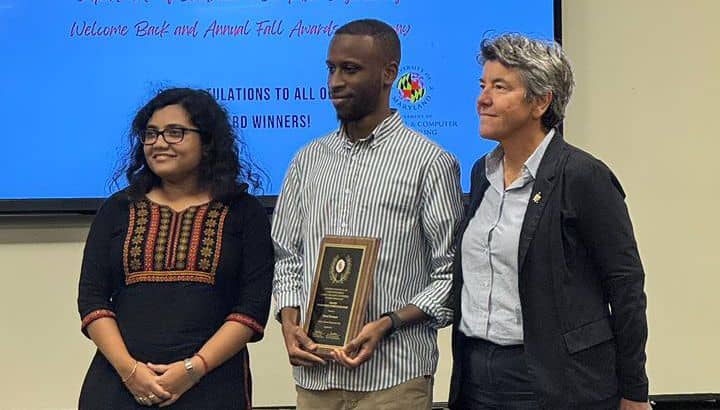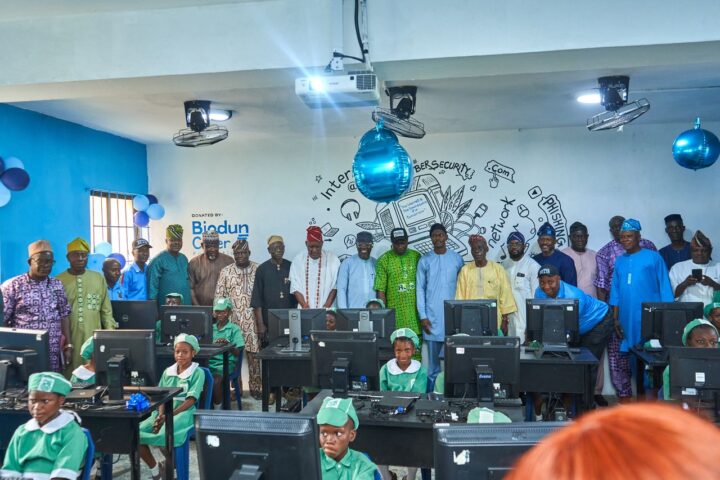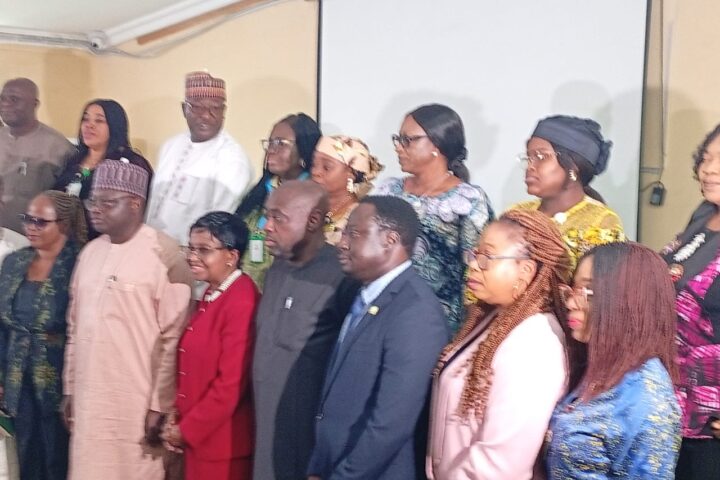Founder of Afe Babalola University, Ado-Ekiti (ABUAD), Aare Afe Babalola has implored the National Assembly to stop granting approval to substandard universities in Nigeria.
He spoke at the opening ceremony of High Impact Research and Journal Advancement Workshop organised by the ABUAD’s Journal of Sustainable Development Law and Policy (JSDLP), themed: ‘Diamond Open Access Journal Management and Sustainability’.
He faulted the proliferation of substandard universities, and hinted that Nigeria currently have over 270 universities in Nigeria.
According to him, there are proposals for the approval of another 200 new institutions under consideration by the National Assembly.
He lamented that university may have moved its primary responsibility of offering quality education to producing quantity graduates.
He said mushroom institutions offer poor education, said it’s expedient for the Red Chamber to stamp out Universities whose vision is not geared towards delivering quality and functional education.
He expressed his displeasure at the Senate for not taking action against the illegal Universities mapped out by the National Universities Commission (NUC), saying such nonchalant approach rot the educational system.
He urged the Senate to properly examine the 200 new Institutions under consideration in order to address the rapid decline of quality education in Nigeria.
“The mass approval of mushroom and substandard universities with some lacking even the basic learning facilities and infrastructure. He strict compliance with law and rules has been brushed aside now.
“As a result of the ‘anything goes’ approach to university licensing and accreditation, NUC’s ability to ensure quality control, and to stamp out substandard institutions, appears to have been seriously compromised. We currently have over 270 universities in Nigeria, and proposals for the approval of another 200 new institutions are currently under consideration by the National Assembly.
“The focus now seems to be on quantity not quality, licensing more universities without adequate plans for monitoring their standards.
“The end result is a rapid decline and rot of our educational system and in the quality of our graduates. What we need is quality education. Poor education is worse than illiteracy.
“We cannot seriously speak of advancing sustainable development through high impact research unless we address this menace of the proliferation of substandard universities in our nation.
“Mushroom and substandard universities recruit substandard faculty members, who conduct substandard research that are printed by substandard publishers, resulting in substandard and half-baked graduates that have little or nothing to offer to national development. Most public institutions owe teachers’ salary. How can such universities acquire latest equipments for 21st century education.
“If we are really serious about accelerating national development through research, the starting point will be for the NUC to return to the era of placing quality over quantity. What we expect is for the NUC to completely overhaul the university licensing process to ensure the highest standard, and to also take immediate steps to close those mushroom universities, many of which are illegal and are operating without the permission of NUC.
“The government and the National Universities Commission are not bothered about the large numbers of illegal universities recently put at 58 by NUC”.
In his lecture titled, ‘Promoting High-Impact Research Publications for Sustainable National Development in Nigeria: Opportunities, Challenges and Future Directions’, Professor Peter Okebukola called for increased partnership with international researchers in order to boost the ranking of the Institution.
This,according to him, will attract international bodies to ABUAD and make them surpass other Universities in the country.
The Editor-in-Chief of the Journal, Professor Damilola Olawuyi explained that the purpose of the workshop was to instill an innovative and entrepreneurial mindset in the approach to research, publication and journal management.




















